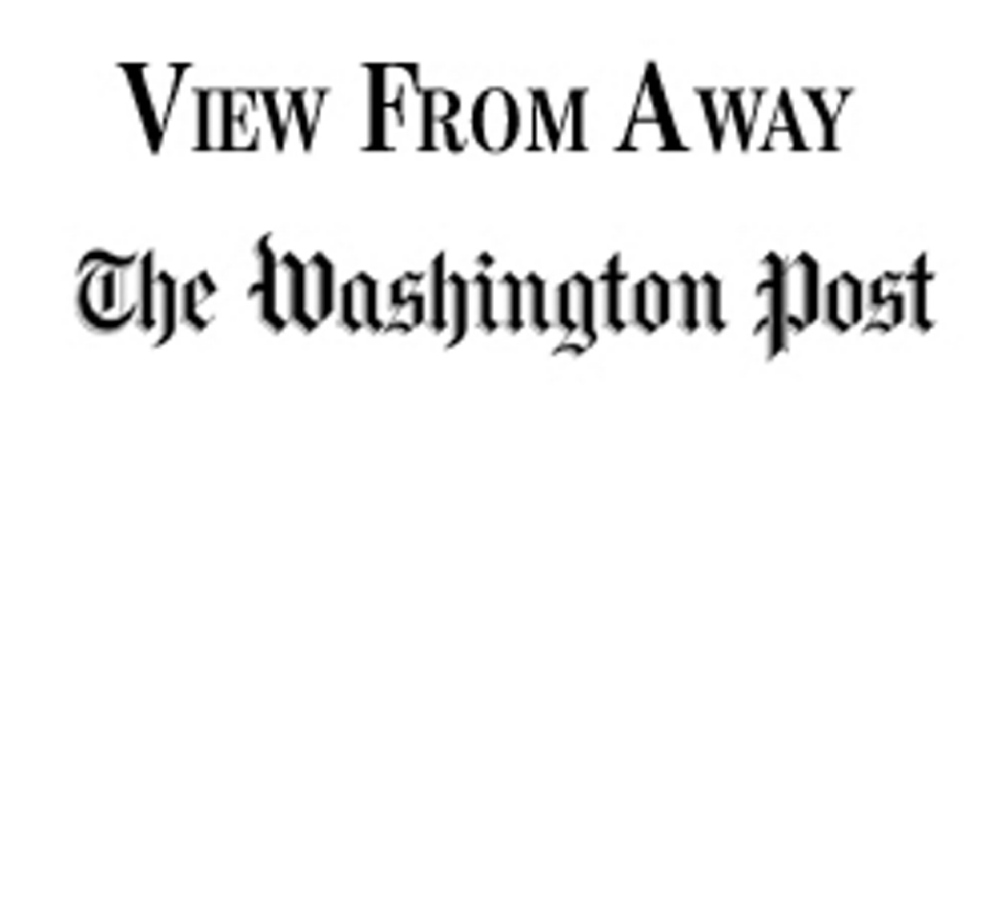A new law threatens to smother what is left of civil society. Russia has just taken another step toward pernicious use of the law to buttress the authoritarian whims of its leader. Both houses of parliament recently passed legislation that would allow the government to label as “undesirable” — in effect, to outlaw — any foreign or international organizations deemed a threat to the “defensive capabilities or security of the state, to the public order, or to the health of the population.” President Vladimir Putin then signed the bill into law. This is the legal version of a blank check for repression.
“Repression” sounds like an old-fashioned word. It connotes the Stalin purges, arrests in the middle of the night without cause from which people never returned. That kind of mass repression is not happening in Russia, but the new law contains an alarming principle drawn from the past. The language is so vague that it could apply against almost any foreign organization or business operating in Russia. This is the same heinous, arbitrary rule that was behind the Great Terror of 1936 to 1938, when millions of lives were torn apart by false accusations and the whims of Joseph Stalin and his henchmen.
The new law is aimed at further draining any oxygen for civil society in Russia. At its most elemental, civil society is what connects rulers and the ruled: the mass media and social media, churches and charities, and all kinds of nongovernmental groups. By its nature, civil society can be pesky, highlighting failures of the state and trying to fill the gap. Some Russian civil society groups have relied heavily on foreign funding. But Putin now declares that a resurgent Russia must rid itself of foreign influences, which he believes are out to get him and his regime.
This is just the latest brick in the wall of authoritarianism that Putin has been building. Now all he or his cronies must do is to declare any offending group to be undesirable, and the police and prosecutors will move in. Earlier, he signed a law forcing some organizations that receive money from overseas to register as “foreign agents,” with a connotation of spying, and another limiting foreign ownership of Russian news media.
No independent civil society existed in Soviet times because the Communist Party was supposed to take care of everyone’s needs, from cradle to grave. It was a utopian dream that, by the end, had become a colossal failure. Today’s Russia is no closer to utopia, and the crushing of what remains of civil society will hurt the Russian population most of all.
Editorial by The Washington Post
Send questions/comments to the editors.



Success. Please wait for the page to reload. If the page does not reload within 5 seconds, please refresh the page.
Enter your email and password to access comments.
Hi, to comment on stories you must . This profile is in addition to your subscription and website login.
Already have a commenting profile? .
Invalid username/password.
Please check your email to confirm and complete your registration.
Only subscribers are eligible to post comments. Please subscribe or login first for digital access. Here’s why.
Use the form below to reset your password. When you've submitted your account email, we will send an email with a reset code.